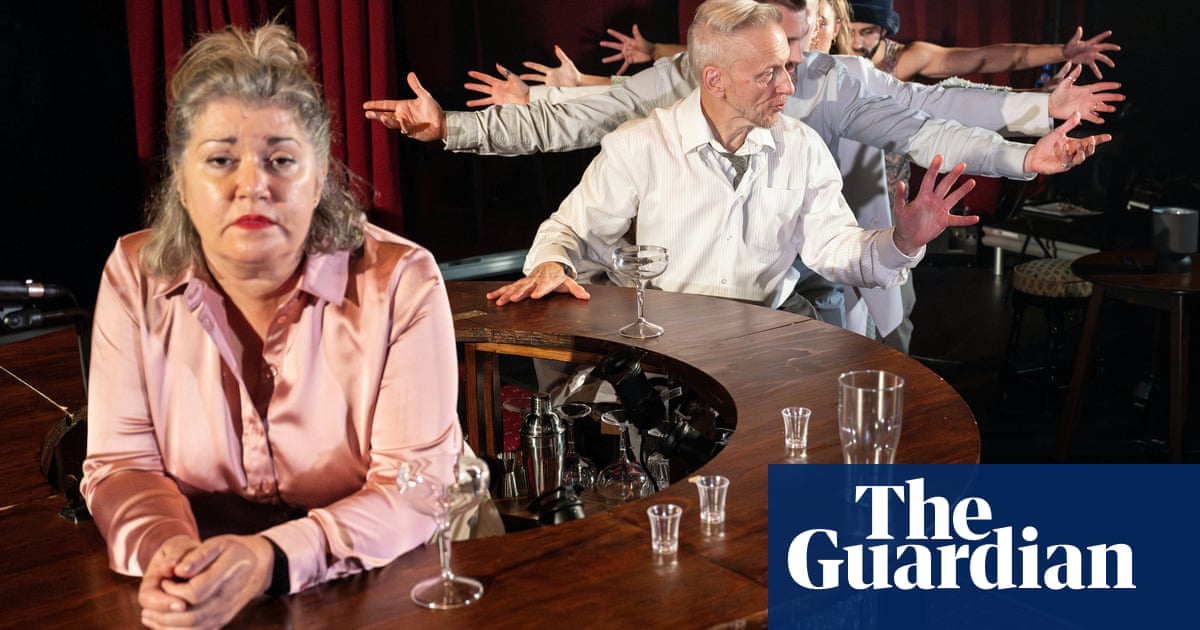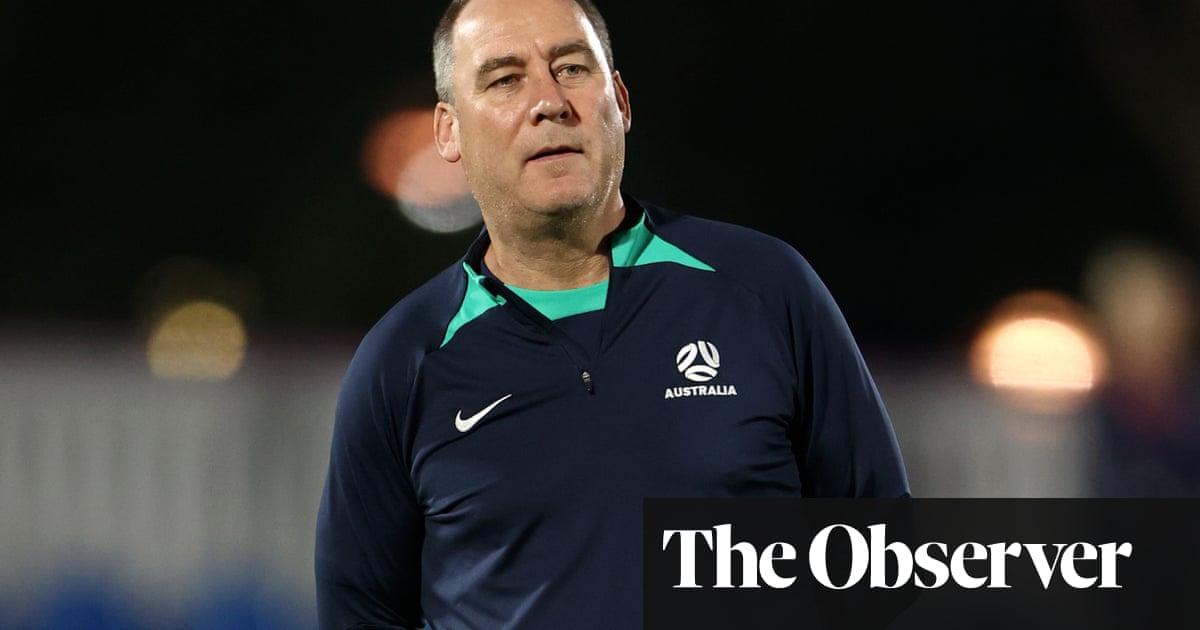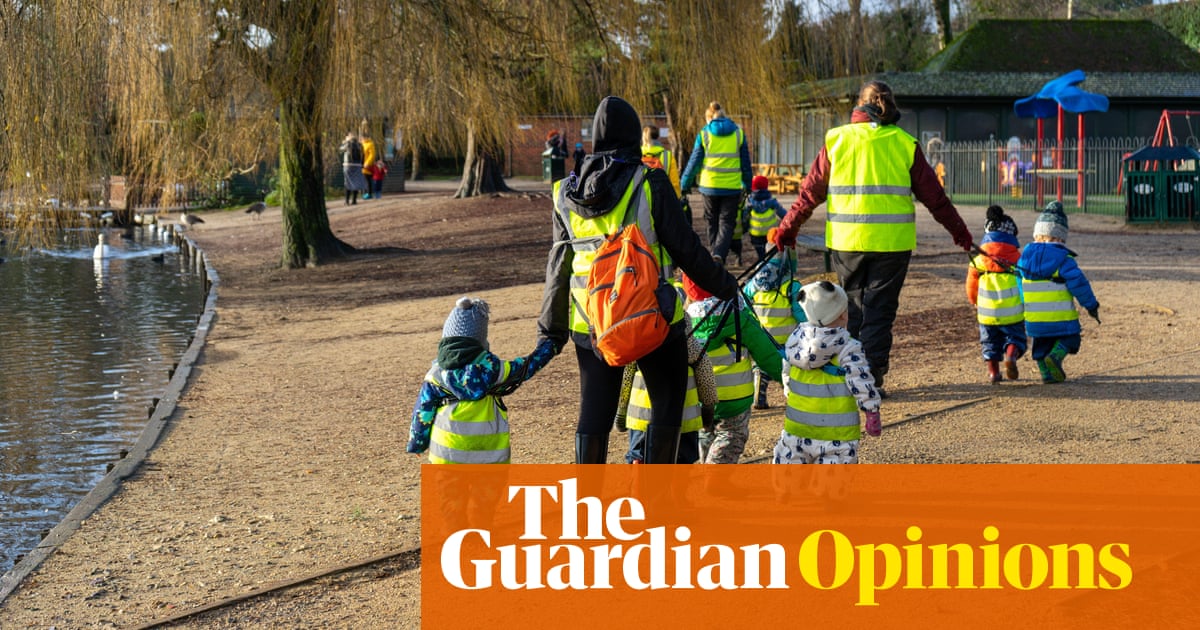
ctor Charlotte Ritchie, 31, grew up in south London and was still finishing her drama degree at Bristol University when she landed the role of Oregon in Channel 4 student comedy Fresh Meat. Subsequent TV roles include Alison in Ghosts and Nurse Barbara Gilbert in Call the Midwife. She co-stars as George in Feel Good, a semi-autobiographical romcom by comedian Mae Martin, who identifies as non-binary. The show won two Royal Television Society awards earlier this year and is nominated for a Bafta at next weekend’s ceremony.
Feel Good is back for its second (and final) series. Why the move from Channel 4 to Netflix?
Channel 4 didn’t pick up the second series but I’m so relieved that Netflix did. I knew that Mae [Martin, creator and star] and Joe [Hampson, co-writer] had planned a two-series trajectory and had solid ideas of how it was going to end. It would’ve been a real shame to cut it short. I think it feels different to the first series. Our characters are more mature and everything has progressed.
As we return, where do we find Feel Good’s leading couple?
At the end of the first series, Mae and my character, George, had just got back together but there was an ominous sense of something unresolved. Mae was still keeping lots of secrets. This time, Mae’s back in Canada in rehab, while George is cut adrift and in denial. She’s desperately trying to make herself as appealing as possible so Mae will come back to her and they can live happily ever after.
At one point, Mae compares you to a kidney bean…
I find that extremely flattering. I genuinely do. There’s something very comforting about a kidney bean.
Does the show satirise millennial culture or embrace it, do you think?
There’s an interesting tension going on because how the audience interprets certain scenes depends how they feel about millennial culture. When you’re used to being mainstream, as George certainly is, sometimes you can’t be arsed with all that earnestness. Other viewers will totally identify with it. With everything run by algorithms nowadays, we’re all aware of what demographic we are. That can make you self-conscious. Every time I walk around London wearing a scarf with a flat white in my hand, I find myself thinking, “I’m such a cliche but I can’t escape it”. The show gently sends that up.
How was working with Lisa Kudrow, who plays Mae’s mother?
I was a huge Friends fan and wept when the final episode aired, so I was excited to meet her. What was weird was that no one mentioned Friends. It’s like meeting Buzz Aldrin and not talking about the moon. But filming with Lisa second time around was more relaxed and we talked about Friends a bit. It must be bizarre to be part of such a huge cultural reference point and for everyone you ever meet to know you from that.
How important is seeing a non-binary love story on screen? Have you had positive feedback from viewers?
Definitely. It’s been very cathartic for a lot of people. Both Mae and I get feedback from such an array of viewers. Not just those who feel their sexuality is being represented but also people who might be in secret relationships or feel shame. What I find astounding is that Mae has taken the risk of sharing something so specific and semi-autobiographical, then so many people have identified with it. I’ve had messages from people saying it’s helped them understand their friends better. I’m glad it’s so funny, too. It can be easy to forget jokes when the subject matter is often serious, but the show carries you along with humour.
Were bedroom scenes with Mae more or less awkward than with male actors?
There’s not a huge distinction. Sex scenes are always tricky, intimate and rely on the other person. It was a pretty easy process with Mae because we’ve got to know each other so well and grown comfortable with each other. A lot of the time we just laughed. Being almost entirely nude at work is a strange thing.
There’s been increasing attention recently to on-set behaviour towards women. Have you had disquieting experiences?
I have, yeah. I don’t want to speak for all women but it’s a very common experience. It’s about power and status. A lot of it comes down to a culture of women feeling like they owe something or should feel grateful. There’s still so much to untangle but the more we feel like we legitimately belong in a space, the more it levels the playing field. The fact that it’s changing rapidly is exciting. The best thing is when change comes out of understanding, empathy and love, as opposed to fear. A long time ago, someone was inappropriate with me on set and the crew, who were younger than this person, instinctively shut it down and checked I was OK. It wasn’t a case of “we’ll get in trouble if we don’t”, it was “that’s not cool”. That’s a great place for progress to come from. The onus to fix it can’t always be on the ones who are experiencing this stuff. The dominant culture needs to do the most thinking. But I definitely feel a big change.
Were you annoyed about coming last in the recent series of Taskmaster?
No [laughs]. I don’t know if it’s a defence mechanism but I’m not hugely competitive. Especially when the competition involves running around blindfolded and looking like an absolute idiot. I made the mistake of wearing blue dungarees, so took a lot of stick for resembling a Minion. But it could have been worse – I almost wore a yellow top and went full Minion until my flatmate pointed it out.
You have to act opposite a pigeon a fair bit in Ghosts. How does that work?
Initially, George the pigeon didn’t keep it together. On his first day on set, he crashed into the camera, pooed on it, then knocked over a plant pot. George is a total liability, so we do lots with CGI in the new series. We’ve just finished filming it and stayed in a hotel in Guildford that the owners said was haunted, ironically. One morning, I came out of my room and there was a pigeon standing in the corridor. I thought it was a wind-up. Nobody could work out how it got there.
Do you stay in touch with the Fresh Meat gang?
Funny you should say that. We’ve been in touch a lot recently because it’s the show’s 10th anniversary. I’ve been looking back at old photos and videos and we had so much fun. It couldn’t have been a better first proper job, even though I had to work on my dissertation in the evenings, boringly. But I learned so much in those three years at Bristol. I did a sketch show with Jamie Demetriou and Ellie White. Actually, Jamie helped with my audition for Fresh Meat.
Are Call the Midwife fans still traumatised by Nurse Barbara’s heartbreaking death?
Afraid so. I still get people coming up to me, quite angry that I put them through that. It was very moving. I watched it with my mum, which was a mistake.
Three years ago, you were in the short film Careful How You Go, written and directed by Emerald Fennell – another Call the Midwife alumna. How has it been to watch her success?
Epic. I’m so proud of her. Promising Young Woman has absolutely blown up and I’m desperate to see what she does next. She’s very bold. And such a lovely person, not that she necessarily has to be. But she is.
What cultural things did you enjoy during lockdown?
For a long time, I found it hard to focus on reading but I did just finish Kurt Vonnegut’s Slaughterhouse-Five. That was profound and amazing, although I know some people do it for A-level, so I’m 15 years behind. I got a VR ticket to a Fontaines DC gig. I compulsively binged lots of bad TV like Below Deck and Married at First Sight Australia. Me and my flatmates also watched The Walking Dead and I swear Married at First Sight Australia gave me worse nightmares than the zombies.
What else makes you happy when you’re not working?
I’ve been learning the piano and trying to get into meditation. I’ve also been doing food bank deliveries on my bike for this great group where I live in east London. That’s been a welcome reminder that most people are lovely. Having spent a lot of time online or reading the news over the past year, it’s easy to believe that the world is horrendous and everybody’s awful. Meeting strangers is good for you. It reaffirms your faith in human nature.












